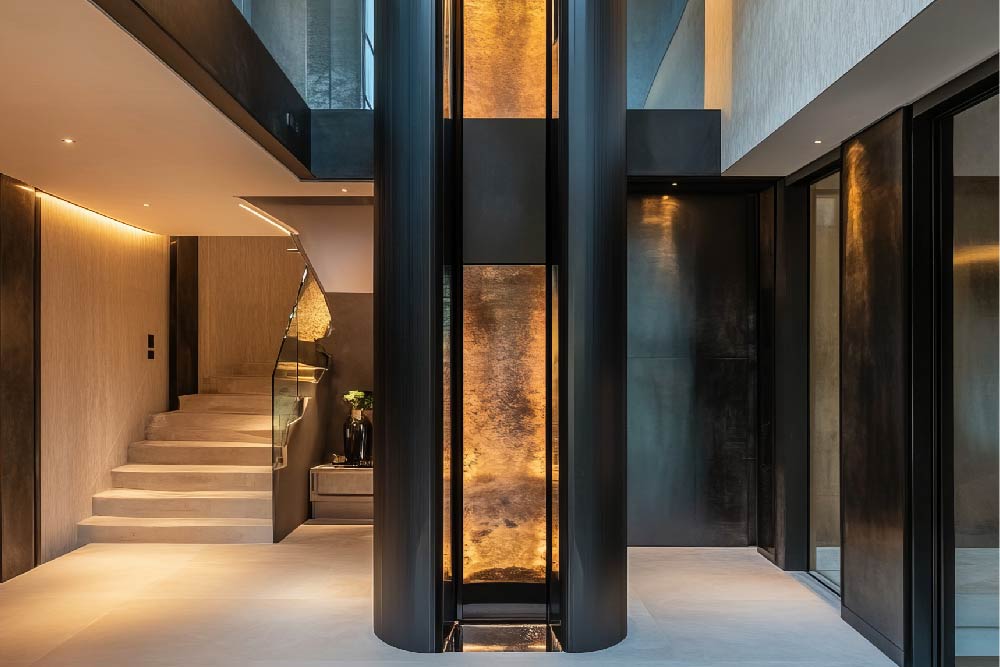
Decoding FSI: The Hidden Metric Behind Property Value and Design Efficiency
In real estate, the value of land is not only defined by location, but also by how efficiently it can be built and scaled. Central to this equation is the Floor Space Index (FSI), a core parameter that governs development potential, density, and design economics. It determines how every square foot is planned, monetised, and experienced.
Across key metros like luxury residential investment Pune, Mumbai and Bengaluru, FSI is not just a planning metric but a strategic tool guiding redevelopment, density, and urban growth. For investors, understanding how it works is essential to recognising where design, regulation, and long-term returns converge.
Understanding FSI and Its Role in Real Estate
The FSI defines how much built-up area is allowed on a given plot, ensuring optimal land use while maintaining liveability and balance with civic infrastructure. A higher FSI allows more built-up area on the same plot, encouraging vertical growth. Conversely, a lower FSI maintains openness, lower density, and greater privacy, traits often associated with luxury developments. By determining how much potential a plot can unlock, FSI shapes urban expansion, community design, and long-term property value. As FSI governs the blueprint of growth, its evolution through urban policy has become a key indicator of how India’s real estate is maturing.Policy Evolution and Regional Variation
India’s FSI framework has steadily evolved from restrictive control to strategic enablement. Regulations such as Mumbai’s DCPR 2034 have raised permissible FSI in key zones to encourage vertical growth, while Karnataka and Tamil Nadu now allow higher density near metro and transit corridors. Cities like Mumbai offer FSI up to 5 in redevelopment areas, and Chennai and Hyderabad reward projects aligned with sustainability and road infrastructure. This marks a shift from limiting development to optimising it. Developers are increasingly using Transferable Development Rights (TDR) and premium FSI to unlock land potential and enhance project viability. Such regulatory progress has reshaped how value is created, not just in land pricing, but in the design language of high-end real estate.FSI and Value Creation in Premium Developments
For luxury projects, FSI shapes exclusivity, comfort, and spatial hierarchy. A higher FSI enables expansive layouts and premium amenities, but excess density can erode the sense of luxury. The real value lies in proportion and precision, optimising every square foot to enhance both aesthetics and return potential. In well-designed developments, thoughtful use of FSI translates into tangible lifestyle and investment advantages: · Smart spatial planning enhances liveability without compromising scale · Vertical zoning ensures privacy and seamless circulation · Sky decks, private lobbies, and wellness suites elevate experiential appeal · Efficient floor-to-area ratios reduce energy consumption and improve airflow · Architectural balance preserves exclusivity while maximising yield In premium markets, measured FSI use strengthens long-term asset value and investor confidence. Developments that prioritise space efficiency and human experience consistently outperform their peers. After design and density, the next frontier lies in ensuring that growth remains sustainable - where every square foot built also contributes to environmental balance.Sustainable Development Through Smarter FSI Utilisation
High-density growth can only thrive when aligned with sustainability. When managed intelligently, FSI becomes a tool for balance, enabling efficient vertical expansion without burdening the environment. Developers are adopting green codes, renewable energy systems, and low-emission materials to build responsibly. Projects that incorporate solar rooftops, rainwater harvesting, and energy-efficient facades transform density into sustainable design. Many authorities now reward such efforts with FSI incentives for green-certified developments, linking density to environmental performance. For investors, this marks a powerful intersection of profitability and purpose, where sustainability enhances both long-term value and urban well-being. And as sustainability takes centre stage, FSI’s role in driving investment strategy has become even more pronounced.FSI As A Strategic Lever For Investment And Urban Growth
For discerning investors, FSI has become a key indicator of scalability, liquidity, and long-term appreciation potential. Premium FSI zones, often located near metro corridors, business districts, and infrastructure upgrades, consistently deliver stronger rental yields and faster capital growth. Developers acquiring additional FSI demonstrate confidence in a location’s fundamentals and absorption capacity, offering early investors the advantage of entering before full redevelopment cycles mature. Ultimately, FSI is more than a regulatory ratio. It is a strategic lever that links design, policy, and performance, shaping how cities evolve and how investors secure long-term, future-ready value. At SQUAREA, a luxury real estate consultancy Pune, we help investors identify projects that use FSI intelligently, blending innovation, liveability, and architectural excellence. Each asset in our portfolio is curated for its long-term value, sustainable vision, and alignment with evolving market dynamics. For personalised investment guidance, reach us at hello@squarea.io or call +91 90 9641 9641.
From Private Elevators to Sky Decks: The New Status Symbols in Urban Homes
Luxury living in India’s cities is no longer defined by square footage alone. As skylines evolve, prestige has come to mean far more than location or price. It now embodies privacy, experience, and design. From private elevators that offer exclusivity to sky decks that elevate leisure, high-value residences are increasingly expressions of lifestyle rather than mere ownership.
Developers are actively reimagining urban luxury through globally inspired amenities, creating homes that offer distinction as much as comfort. These new symbols of affluence signal a broader change, where luxury is no longer about ownership alone but the emotion and identity that come with it.
The Shift From Ownership To Experience
For India’s HNIs and UHNIs, luxury has transitioned from material to experiential. Prime location and architectural scale remain important, but what defines true luxury today is discretion, customisation, and access.
· Personalisation: From branded interiors to curated art and furnishings, customisation is now central to luxury identity.
· Privacy: Limited residences per floor, private foyers, and dedicated entrances offer exclusivity and discretion.
· Access: Concierge, wellness, and hospitality services integrate convenience with prestige.
This evolution has set the stage for amenities that prioritise comfort without compromise, starting with the most intimate of luxuries - privacy.


